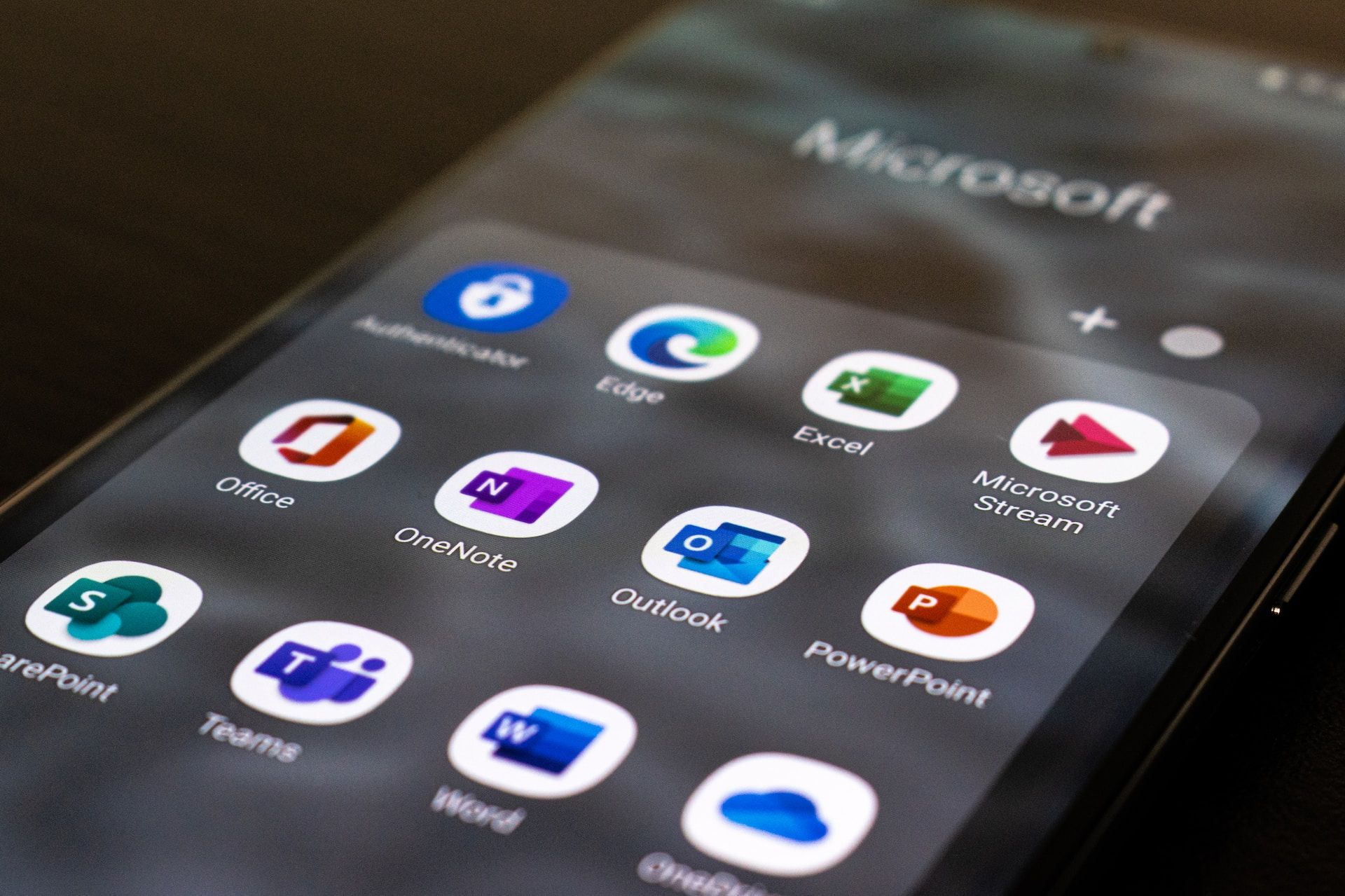Your Privacy
BeckyStrause
The police want wireless providers to record and store information about American’s text messaging. An assembly of law enforcement groups has asked the U.S. Senate to require that wireless companies keep that information for 2 years. SMS messages have been introduced as evidence in various criminal cases, including armed robbery and wire fraud.
The groups asking Congress include the Major Cities Chiefs Police Association, which represents the biggest police forces in the U.S., the National District Attorneys’ Association and more. Civil liberties groups have come out to oppose the idea. “We would oppose any mandatory data retention mandate as part of ECPA reform,” says Christopher Calabrese, legislative counsel for the American Civil Liberties Union.
We are learning that everything you say, send and post can be used against you, or for you. Even Siri isn’t keeping secrets.
The ACLU put out this warning about using Siri. It seems that everything Siri is asked, gets sent to a big data center in Maiden, North Carolina. What happens to all your Siri searches after that, still seems to be in question.
Apple’s Privacy Policy is pretty clear about sharing and not sharing your personal information. One sentence from their policy states, “It may be necessary − by law, legal process, litigation, and/or requests from public and governmental authorities within or outside your country of residence − for Apple to disclose your personal information.” As for the question of how long do they retain information, the policy states, “Apple makes it easy for you to keep your personal information accurate, complete, and up to date. We will retain your personal information for the period necessary to fulfill the purposes outlined in this Privacy Policy unless a longer retention period is required or permitted by law.”
Not only is the privacy of text messages and Siri searches under question, but also the photos you post on services like Instagram. According to this CNET article , Facebook-owned Instagram has been given grief over wording in their property policy. It is stating that Instagram perpetual right to sell users’ photographs without payment or notification. The uproar that followed has caused Instagram to apologize and pledge to update the confusing language.
Even if the photos are not being sold, they are still out there for the whole world to see and they may never go away.
Our society seems to be getting more careless with what we share. This article gives some good examples of bad sharing and some tips about keeping your info private. The author gives the following advice, “ Assume anything you post is public. Think before you share it, even if it’s just to a one person. Like a secret, they can still share it with others. Only take and share photos you wouldn’t mind everyone seeing.” Not just anything you post can be public, but even things like your text messages are most likely able to be seen by someone other than the intended person. Since we live in a technology-infused society, having this knowledge probably won’t stop us from texting, posting and asking Siri questions. However, even if the information is dry, it’s always a good idea to read the Privacy Policy and Terms of Service of any sites you post to or use.











